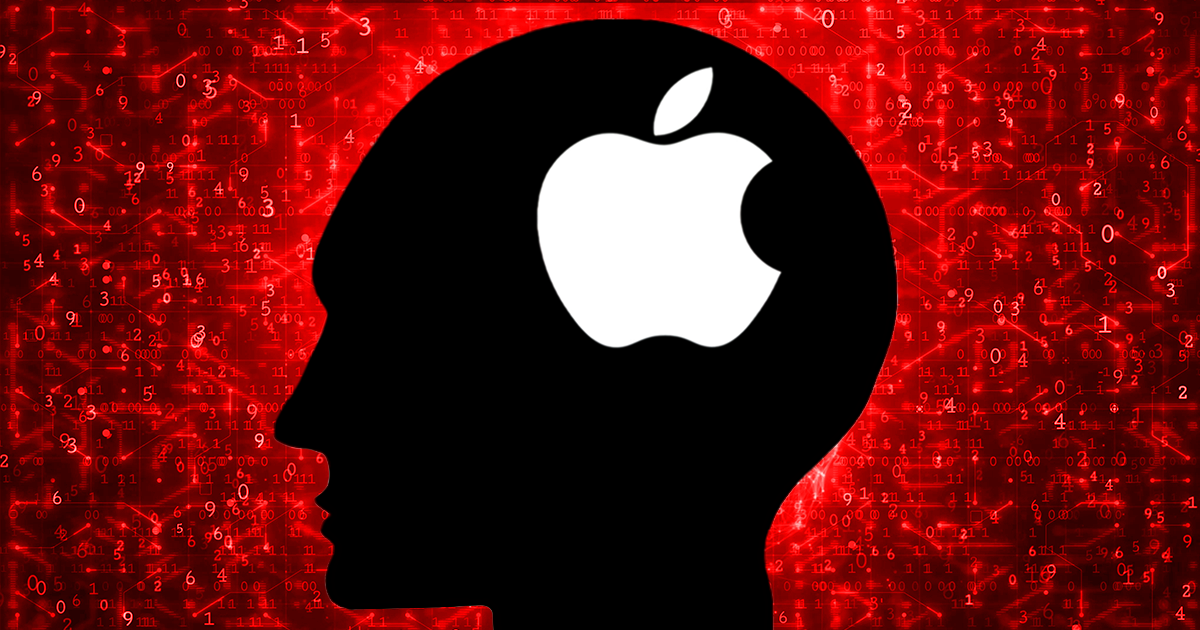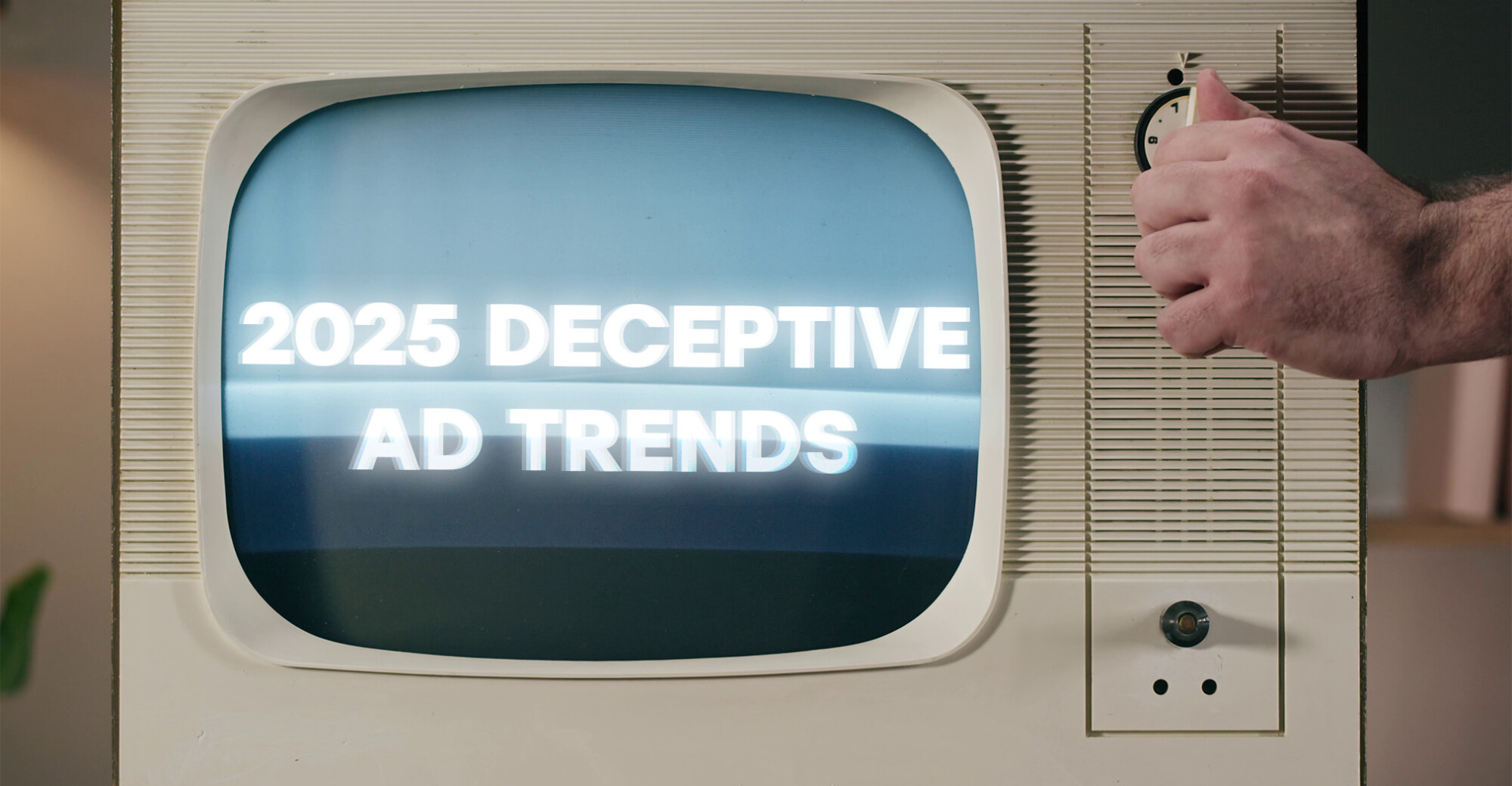
Apple Intelligence Lawsuits Mounting
Apple iPhone 16 users are asking Siri, where are the AI features that were touted in ads?
FTC alleged company vastly overstated the accuracy of its AI Content Detector tool.
According to a recent survey, nearly 90% of marketers use artificial intelligence to tailor messages that resonate with consumers. Results have been mixed. But in addition to avoiding an AI disaster, as a marketer, you probably don’t want your AI-generated content to look or sound like AI.
Enter Workado.
Workado claimed that its AI Content Detector was able to distinguish AI content from human content with near-perfect 98% accuracy, enabling marketers who use AI-generated content to rewrite sentences its AI model flagged as AI-generated or “robotic” and in doing so, “transform AI text into undetectable AI content.”
But according to the FTC, Workado vastly overstated the accuracy of its AI model. In fact, the FTC alleged in a complaint filed late last month, the AI model used in AI Content Detector was able to correctly identify AI-generated text only 53.2% of the time, a hair better than a coin toss.
The FTC’s complaint also challenged claims that allegedly had appeared on Workado’s website in October 2023 stating that its AI Content Detector was “[t]rained on online blogs, wikipedia, essays, and more.”
The FTC said these claims were also false.
In fact, the AI model [Workado] uses for its AI Content Detector was trained on abstracts of scholarly articles. [Workado] did not create, train, or fine tune the AI model used in its AI Content Detector, nor has it tested whether the AI Content Detector would achieve the same accuracy rate for marketing and other plain language text that [Workado] users typically submit.
Under a proposed consent order settling the agency’s complaint, Workado is prohibited from advertising the accuracy of its AI detection products unless it can back up the claims with competent and reliable evidence.
The company is also required to notify eligible consumers via email about the consent order and settlement with the FTC. It is not, however, required to pay any money.
The bottom line
While artificial intelligence is changing the ways many people live, work and communicate with others, the FTC has made clear that there is no “AI exemption” from the laws that are already in place. That includes the requirement that ad claims for AI-infused products be supported by proper evidence.
Find more of our coverage on artificial intelligence.
Apple iPhone 16 users are asking Siri, where are the AI features that were touted in ads?
A closer look at what we’ll be monitoring in the new year.
What consumers should know about software tethering.


